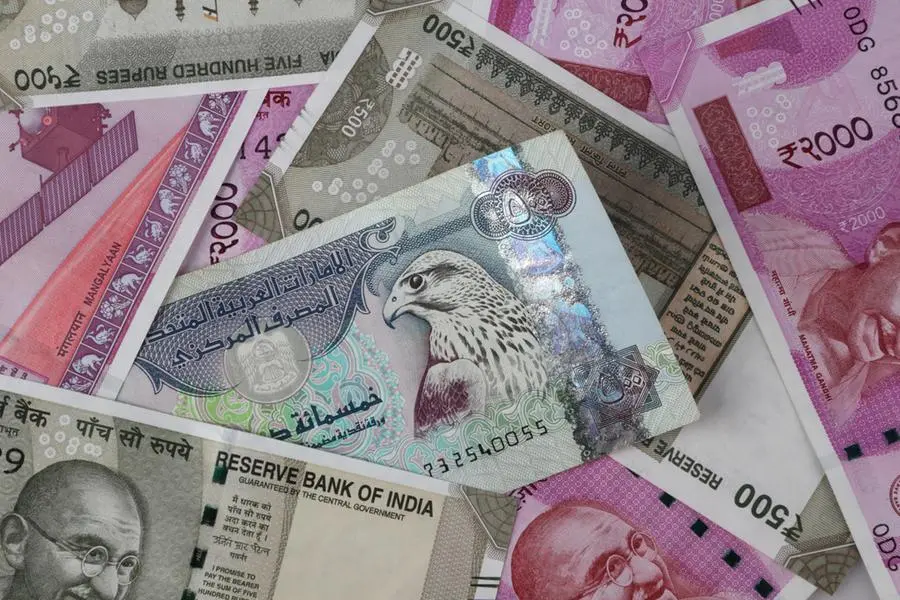PHOTO
The India-UAE rupee-dirham deal is bilateral and does not carry any plan to “de-dollarise” the global economy, said the UAE’s Ambassador to India Abdulnasser Alshaali.
The deal was signed in the presence of UAE President Mohammad bin Zayed al Nahyan and Prime Minister Narendra Modi in Abu Dhabi this week.
The deal will significantly ease the path for trade between India and the UAE by lowering transaction costs and making it easier to convert the currency, the envoy told The Hindu, an Indian news daily.
He clarified that the agreement was not “multilateral” or about “third countries”.
“We have decided that we want to make sure that there are more options for traders, exporters, importers to set up their trade. And it’s basically up to them how they want it to work,” Alshaali added.
UAE-India trade increased by nearly 15% following the implementation of the Comprehensive Economic Partnership Agreement (CEPA) in May 2022.
Bilateral trade, including oil purchases, reached about $85 billion, of which UAE exports to India make up almost $50 billion.
The ambassador said that technical teams had discussed ways to ensure the bilateral deficit against India and a surfeit of Indian rupees did not become an issue.
The UAE President is expected to visit Delhi in September to attend the G20 summit, where UAE is a special invitee. On the other hand, the Indian prime minister has been invited to attend the CoP28 Climate change conference in Dubai in November.
The number of visits between the two leaders had helped speed up the momentum of bilateral ties, especially in trade, Alshaali stated.
(Editing by Brinda Darasha; brinda.darasha@lseg.com)





















